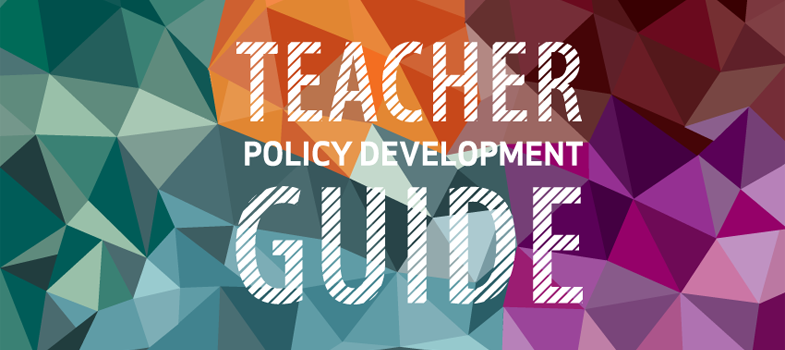5.2 Executive or administrative decisions
Policy developers within the MoE or other teacher employer/management agency or department may be mandated or choose to employ executive or administrative paths to policy implementation. Derived from institutional authority given by legislation and accompanying regulations, such avenues are less onerous (including in terms of staff and financial resources). Achieving the desired impact may prove more difficult, because they do not always have the necessary political authority and accompanying financial backing. At the same time, they can be a more cost-effective means of policy implementation, and even an improvement on less authoritative instruments, such as issuing guidelines in decentralised systems. Kenya’s teacher recruitment policy is an example (Box 5.2).
BOX 5.2: KENYA’S TEACHER SERVICE COMMISSION (TSC) POLICY ON TEACHER RECRUITMENT
Kenya’s TSC has a mandate to establish and maintain a sufficient and professional teaching service for public educational institutions in the country. Decentralization of TSC functions to district and school levels, to bring services closer to users,was followed in the late 1990s by a government embargo on public service recruitment, thereby stopping the automatic employment of trained teachers. The Commission then adopted a new policy of recruiting teachers on the basis of demand and vacancies through natural attrition and implemented annual guidelines, which were revised every year before the recruitment exercise.
In 2006, the Commission developed and published a comprehensive policy to enhance efficiency in teacher recruitment. The policy provides direction for future recruitment, defines the roles of the recruiting agents, and outlines the roles and responsibilities of other actors involved in the process. It lays out an institutional framework for implementation, including lead and implementing units, tools for implementation (among which guidelines to decentralized units, employment forms and teacher codes of conduct and ethics), monitoring and evaluation (including a matrix) and revision to address emerging issues. Its authority derives from both legislation (the TSC Act) and regulations (the TSC Code of Regulations for Teachers).
5.1 Legislative process and approval
